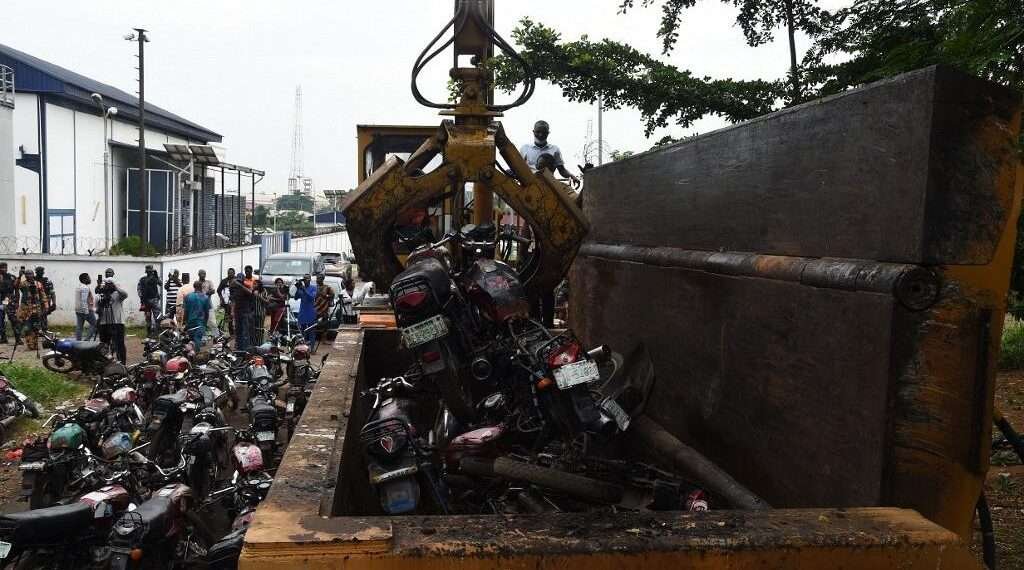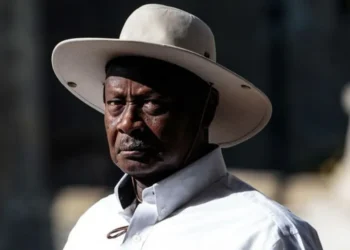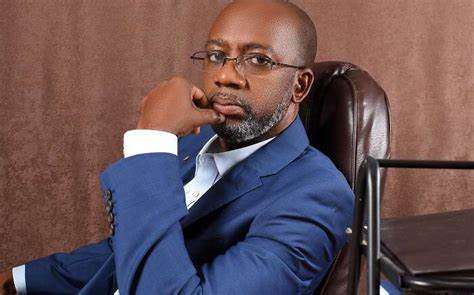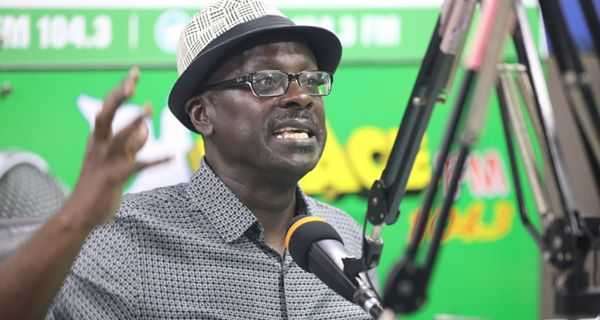Over 2,000 confiscated motorcycle taxis (okada) have been crushed in Nigeria’s biggest city, Lagos, following a ban on the vehicles.
The ban on the vehicles took effect on June 1, 2022 due to the lynching of a man by suspected riders last month, which sparked outrage, forcing authorities to act. Nigerian authorities warned that riders who flout the ban will be arrested and have their motorbikes sized.
The 38-year-old sound engineer, Sunday David, was killed in the upmarket Lekki neighborhood after a disagreement over fares on May 12 this year.
His wife, Grace Bolu, is upset and wonders how she is going to support her two children. “I’m just a civil servant. My husband does everything. How am I going to do it? How much is my salary to pay school fees, pay rent?” she told reporters.
The ban has been welcomed by mixed reactions from local residents with some saying the riders drive dangerously, while others say okada riding provides vital work for young people and is also an easy mode of transport.
A craftsman residing in Ikeja, Wasiu Adekoya, lamented the arrogance of the riders.
“They [the motorcyclists] kidnap people. What the government has done is good. We don’t want problems in Lagos State. But let them deploy more buses to increase the shortfall”.
Adekoya
Another resident, who identified himself simply as Pastor Abraham, pleaded for leniency, saying the Okada constituency provided a living income to many. “There is poverty in the country. Total ban is not realistic; it’s what some people use for food. Let the government pay attention”, Pastor Abraham added.
The ban to reduce the okada threat
Since the ban has been put in place, parts of the city that are usually buzzing with okada riders have seemed unusually quiet, according to local media reports.
The ban applies to six local government areas – Eti-Osa, Ikeja, Surulere, Lagos Island, Lagos Mainland and Apapa.
Lagos State Governor, Babajide Sanwo-Olu, who announced the ban last month, said the ban would reduce the okada threat. The Lagos State Governor described the taxi riders as a threat to road users, citing surging crime and road accidents.
“Lives are being lost daily, preventable accidents are happening every day and drivers are disobeying any of our traffic rules”, the Governor said.
Meanwhile, the taxis are a preferred means of transport because they are faster in weaving through the city’s vehicular traffic jams. A large number of young people in the state make a living as motorbike taxi riders and the ban is bound to face a backlash.
The authorities deployed security personnel and armoured personnel carriers in the city amid fears of possible violent protests.
A threat to commuters
Between 2016 and 2019, okadas were responsible for 10,000 accidents and more than 600 deaths recorded in hospitals in Lagos State, according to government figures.
Of the 20,596 vehicles involved in road accidents last year, 4,428 were motorcycles, or more than 20%. The current ban is the second time in two years that Mr Sanwo-Olu’s government has banned bicycles. Every Governor of Lagos since 1999, has partially or totally banned the circulation of motorcycles.
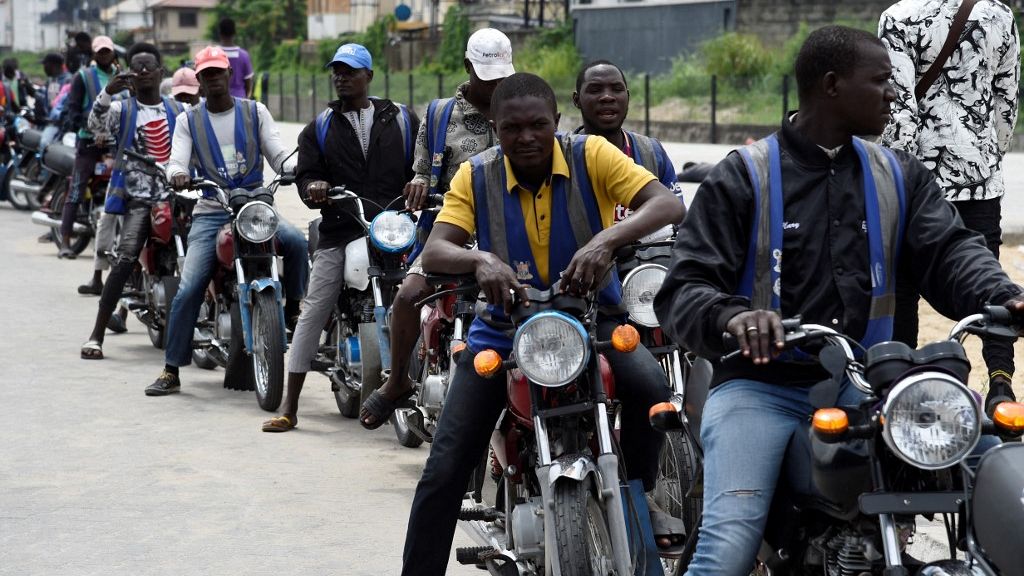
Each time they did, it was only a matter of time before the motorbikes returned, largely because the police were unable to follow up on enforcement. In January 2020, the government banned the operation of motorcyclists in 15 local council areas across Lagos but that stopped being enforced.
Enforcement of the ban is difficult given that there is no requirement to register to operate as a commercial motorcyclist. Although it was not mandatory, some 42,000 commercial motorcycle license plates were registered in the first quarter of this year, according to the Federal Road Safety Corps (FRSC), so removing them will not be easy.
READ ALSO: June 3 Disaster Was Not An Act Of God- OneGhana Movement

